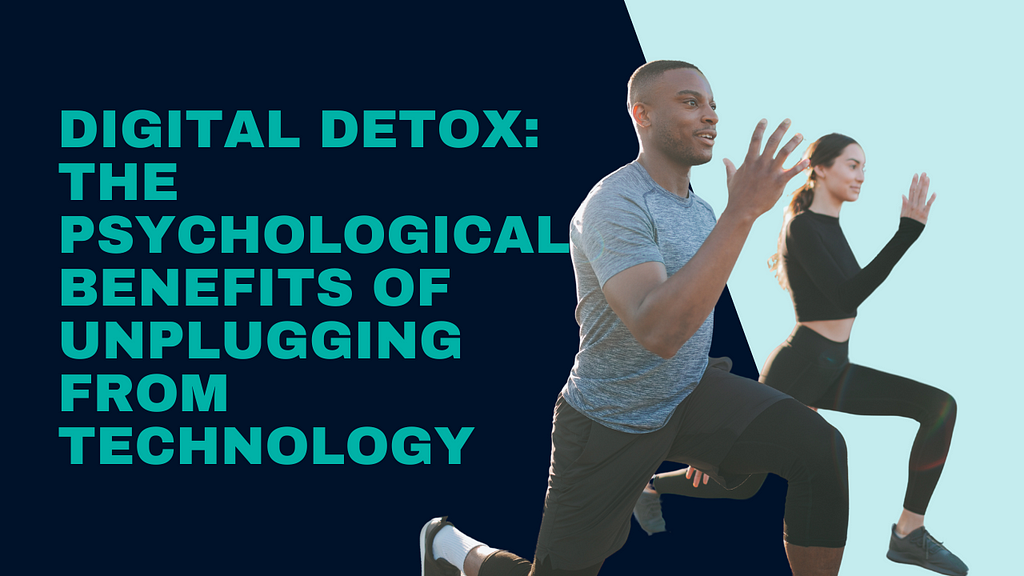
In an era dominated by smartphones, social media, and constant connectivity, the concept of a “digital detox” has gained popularity as individuals seek respite from the overwhelming presence of technology in their lives. A digital detox involves intentionally disconnecting from electronic devices and online platforms to rejuvenate the mind and reconnect with the tangible world. This article explores the psychological benefits of embracing a digital detox, shedding light on why taking a break from technology is crucial for our mental well-being.
1. Reduced Stress and Anxiety
Constant exposure to notifications, emails, and social media updates can contribute to heightened stress levels. A digital detox provides a break from the incessant demands of technology, allowing individuals to escape the pressure of being constantly connected. Research has shown that reducing screen time can lead to lower cortisol levels, the hormone associated with stress.
Example: Imagine spending a weekend without checking your emails or scrolling through social media. The sense of relief and calmness that follows is a testament to the stress-reducing benefits of a digital detox.
2. Improved Sleep Quality
The blue light emitted by screens can interfere with the production of melatonin, the hormone responsible for regulating sleep. Engaging in a digital detox, especially before bedtime, can improve sleep quality. Quality sleep, in turn, positively impacts mood, cognitive function, and overall mental health.
Example: After a week of limiting screen time before bedtime, individuals often report experiencing more restful sleep and waking up feeling refreshed.
3. Enhanced Focus and Productivity
The constant barrage of notifications and the temptation to multitask can hinder concentration and productivity. A digital detox allows individuals to focus on one task at a time without the distractions of technology. This focused attention can lead to increased productivity and a greater sense of accomplishment.
Example: Completing a work project without the interruptions of email notifications and social media updates can significantly improve the quality and efficiency of the task.
4. Strengthened Relationships
Excessive use of technology can lead to a decline in face-to-face interactions, impacting the depth and quality of relationships. Taking a break from screens provides an opportunity to reconnect with friends and family, fostering stronger interpersonal bonds.
Example: Spending a weekend engaged in outdoor activities or participating in social events without the distraction of smartphones allows individuals to connect on a more meaningful level.
5. Heightened Self-Awareness
Constant comparison on social media platforms can contribute to feelings of inadequacy and low self-esteem. A digital detox encourages individuals to focus on their own lives without the constant influence of others, fostering self-reflection and a deeper understanding of one’s values and goals.
Example: Taking a break from social media allows individuals to appreciate their achievements and milestones without the need for external validation.
In a world dominated by technology, a digital detox emerges as a powerful tool for maintaining and improving mental well-being. By intentionally disconnecting from screens and embracing the tangible world, individuals can experience reduced stress, improved sleep, enhanced focus, strengthened relationships, and heightened self-awareness. Integrating regular digital detoxes into our lives is essential for achieving a healthy balance between the digital and physical realms, ensuring a more fulfilling and mentally resilient existence.
Digital Detox: The Psychological Benefits of Unplugging from Technology was originally published in SynapseStorytime on Medium, where people are continuing the conversation by highlighting and responding to this story.